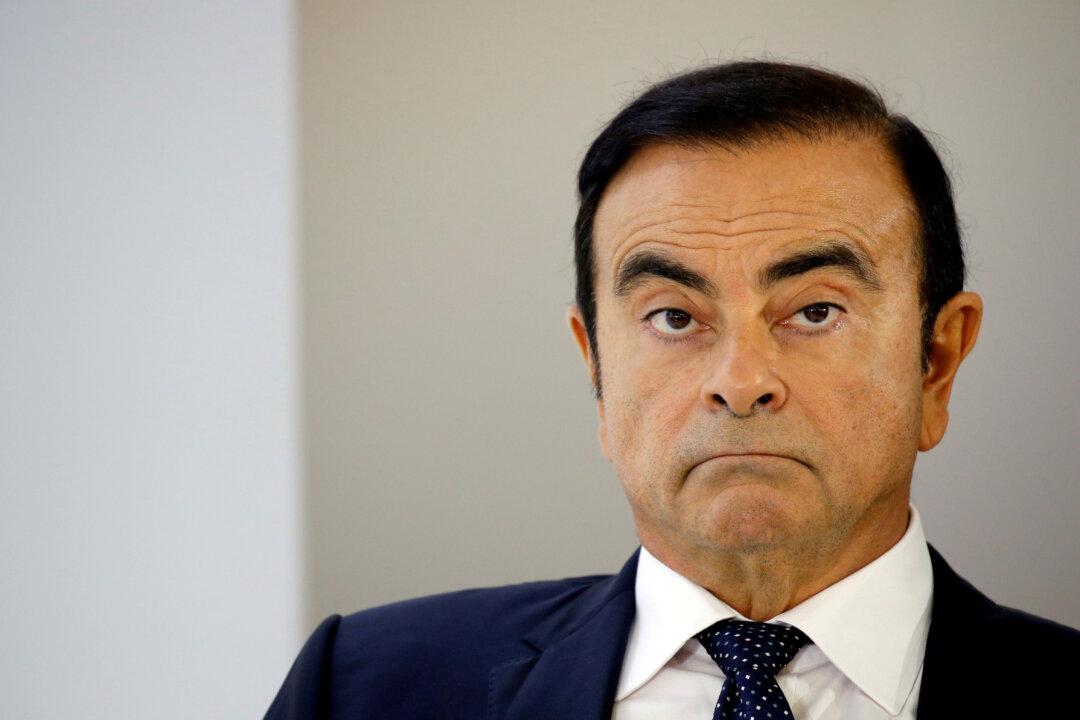TOKYO—The co-chair of a committee set up by Japanese automaker Nissan Motor Co. to examine the root cause of alleged financial misconduct by ousted chairman Carlos Ghosn said he believed Ghosn may have had questionable ethical standards.
Ghosn, charged with three counts of financial misconduct, has been detained in Tokyo since his arrest on Nov. 19. Ghosn denies the charges against him, which include understating his salary for eight years and temporarily transferring personal financial losses to Nissan’s books.





